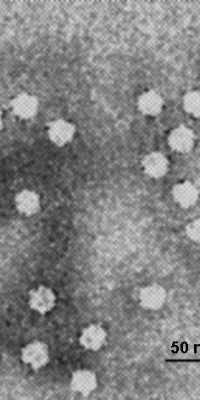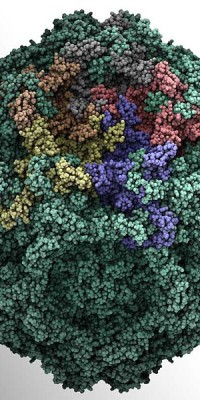Canine parvovirus is a highly contagious virus that can affect all dogs, but puppies younger than four months old are the most at risk. The virus affects dogs’ gastrointestinal tracts and is spread by direct dog-to-dog contact and contact with contaminated feces, environments, or people. The virus can also contaminate kennel surfaces, food and water bowls, collars and leashes, and the hands and clothing of people who handle infected dogs
Transmission:
Mainly, parvovirus is spread either by direct contact with an infected dog, or indirectly, by contact with an infected dog’s feces. Heavy concentrations of the virus are found in an infected dog’s stool, so when a healthy dog sniffs an infected dog’s stool, it will contract the disease.
Young puppies are very susceptible to infection, particularly because the natural immunity provided in their mothers’ milk may wear off before the puppies’ own immune systems are mature enough to fight off infection. If a puppy is exposed to canine parvovirus during this gap in protection, it may become ill.
Symptoms:
The main symptoms of Canine parovirus reflect the gastrointestinal nature of the illness. These symptoms may include:
- Severe, boody diarrhea
- Lethargy
- Fever
- Anorexia
- Vomiting
- Severe weight loss



